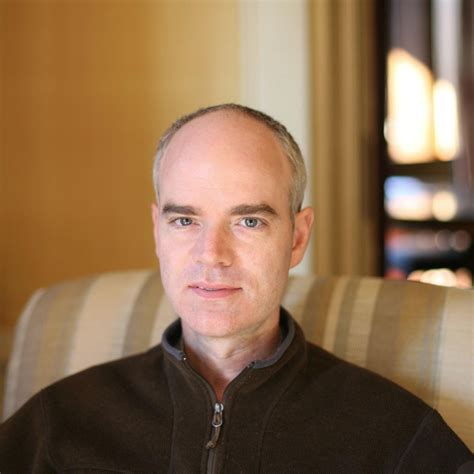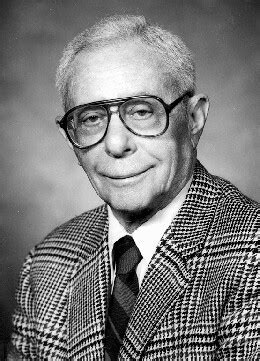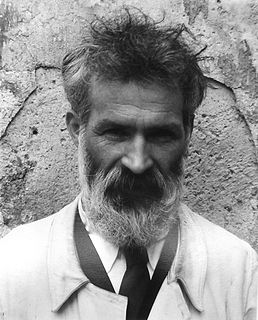A Quote by Henry Moore
All art should have a certain mystery and should make demands on the spectator. Giving a sculpture or a drawing too explicit a title takes away part of that mystery so that the spectator moves on to the next object, making no effort to ponder the meaning of what he has just seen. Everyone thinks that he or she looks but they don't really, you know.
Related Quotes
My aim is to communicate with the last man in the audience. Art minus communication is meaningless. The term 'abhinaya' is not just facial expressions. It means drawing the spectator to an idea. Look at the modern advertisements. It's contemporary abhinaya. But one who creates should know what has to be completely and what has to be suggestively portrayed. That is ethical aesthetics. The Natyasastra says a production must be such that a family should be able to watch it together.
The answer is never the answer. What's really interesting is the mystery. If you seek the mystery instead of the answer, you'll always be seeking. I've never seen anybody really find the answer, but they think they have. So they stop thinking. But the job is to seek mystery, evoke mystery, plant a garden in which strange plants grow and mysteries bloom. The need for mystery is greater than the need for an answer.
Cinema builds memories; great films continue to exist in the spectator's mind. We are naturally capable of and prone to nostalgia. A spectator will reconstruct a film he or she has seen, years later, and may even change their original opinion. One critic, for example, once gave the finger to one of my films; later he wrote me to apologize.






































